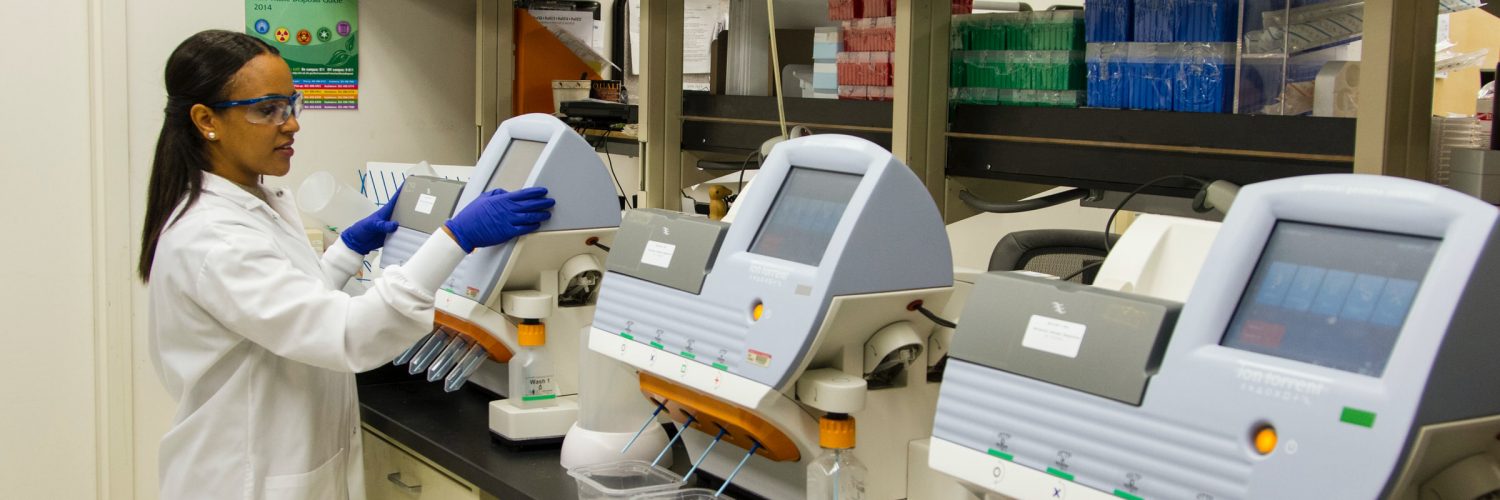HSP cause and diagnosis

Cause
Most people with HSP will have inherited a faulty gene from one or possibly both of their parents. In some cases the gene mutation will be ‘De Novo’ which means it was a spontaneous gene mutation, and this would be the first case in the family.
The faulty gene causes degeneration of the motor neurons within the spinal cord, and sometimes in the brain. These nerves normally control muscle tone and movement in the lower body. Filaments (called axons) relay messages from the brain to the limbs, but in HSP these messages get muddled, or cut off. In essence the messages from the brain to the lower limbs are misfiring due to damage to the motor neurons.
At present there is no way to stop or repair this damage.
How is it passed on?
As it is written into your genetic code, it is normally passed through the generations, meaning that you’ll often find families where more than one member is affected. As mentioned, it can also occur spontaneously, with no family history of the condition at all.
Each year, more variants of the condition are discovered and so HSP is a growing condition. However, it is still classed as rare, with incidence generally accepted to be less than 10 cases per 100,000 population.
Find out more about HSP types.
How is it diagnosed?
 HSP is diagnosed following a thorough clinical examination, the identification of your symptoms and by examining your family history. Genetic testing is available for the more common types of HSP, and such a test can confirm the type of HSP a person has. This is done through a simple blood test. It can be useful to know the mutation you have when it comes to research, medical breakthroughs, and planning for your future. However, as not all HSP genes can be routinely tested, so many people have an HSP diagnosis without the formal identification of gene mutation. Discussions with a neurologist in this case can help plan for the future.
HSP is diagnosed following a thorough clinical examination, the identification of your symptoms and by examining your family history. Genetic testing is available for the more common types of HSP, and such a test can confirm the type of HSP a person has. This is done through a simple blood test. It can be useful to know the mutation you have when it comes to research, medical breakthroughs, and planning for your future. However, as not all HSP genes can be routinely tested, so many people have an HSP diagnosis without the formal identification of gene mutation. Discussions with a neurologist in this case can help plan for the future.
As HSP is rare, without a family history it can take years to reach a diagnosis, particularly if your symptoms are similar to those of another condition, or if your genetic test does not bring back a positive result. In these cases other conditions often need to be ruled out before you get an HSP diagnosis. To do this, patients will undergo a number of procedures which can include brain and spine MRIs, lumbar puncture, nerve conduction tests and EMG.
